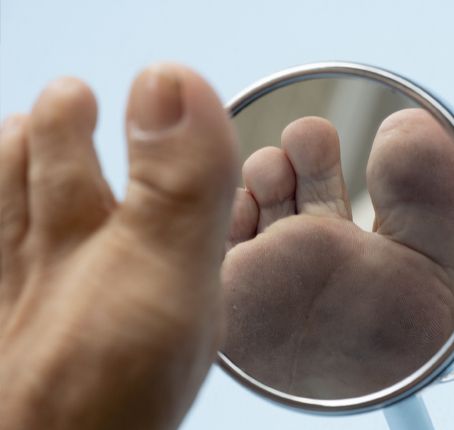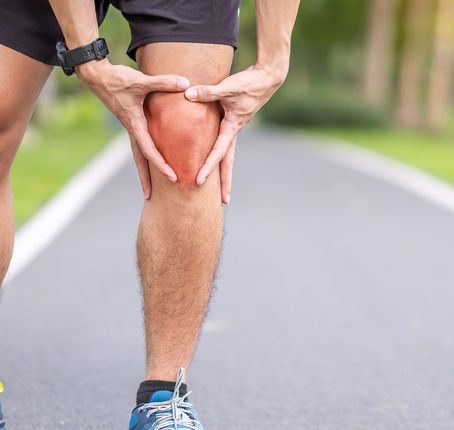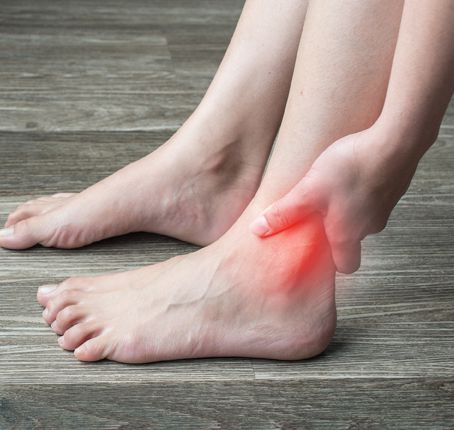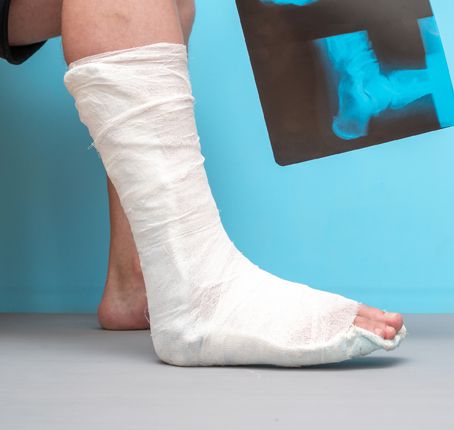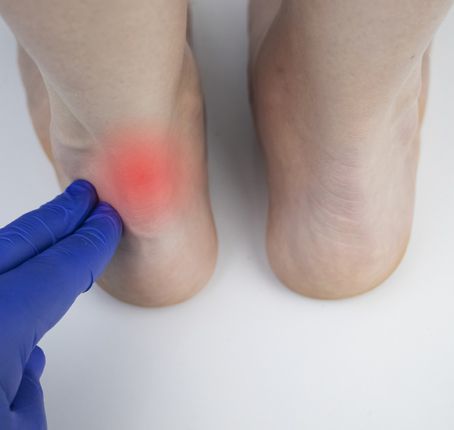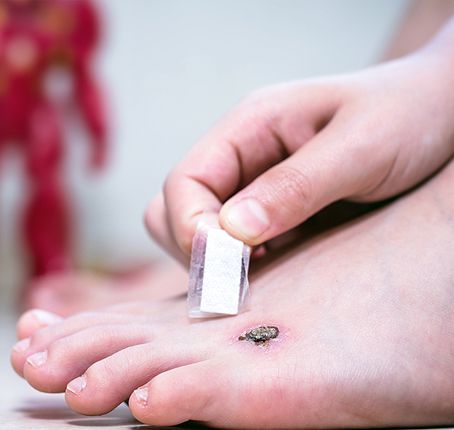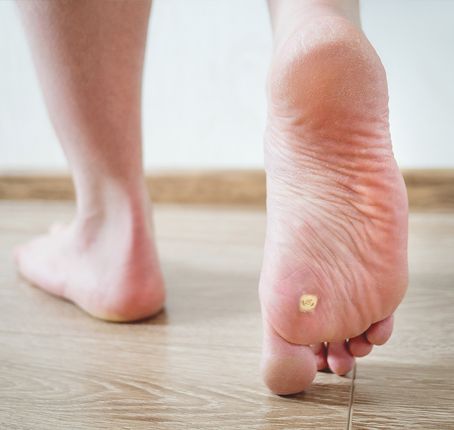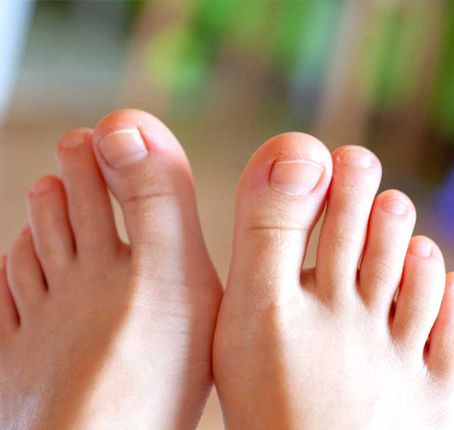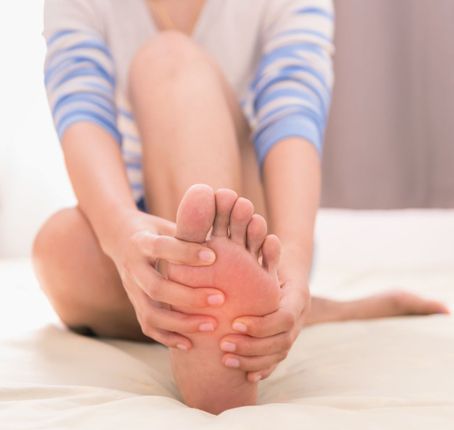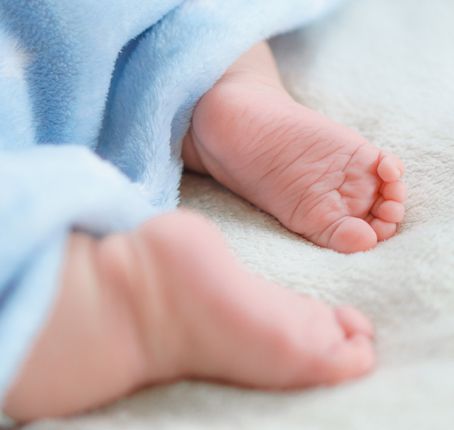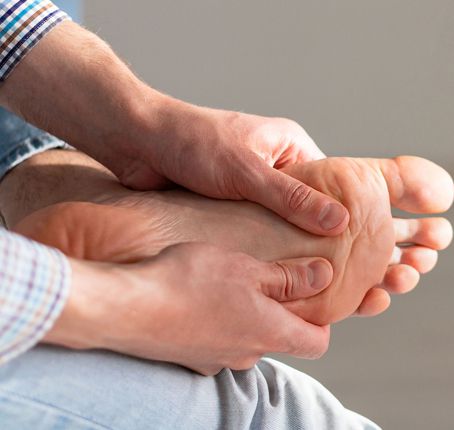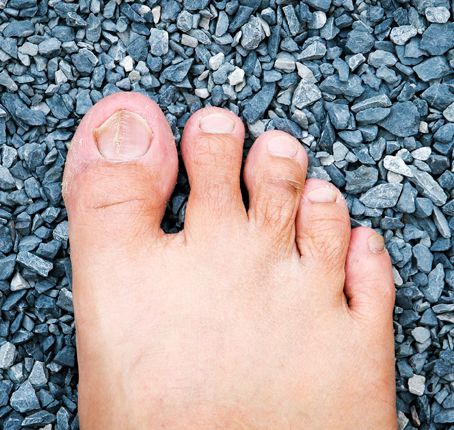Corns & Calluses Treatment in Novato, CA
Corns and calluses are accumulations of dead skin that develop multiple layers of padding as a form of protection against pressure and friction. Corns and calluses are unsightly and can be painful if severe. These are most commonly formed on feet and toes, as well as hands and fingers.
While eliminating the cause of pressure or friction can eliminate corns and calluses, individuals with health conditions such as diabetes or other illnesses that impair blood flow are at a higher risk of complications arising from corns and calluses.
What are Corns
Corns are small and hard seed-like structures that are surrounded by inflamed skin. While they can be formed in weight-bearing areas, they are more commonly found on the top or on the side of toes, or even between toes - parts that do not bear weight. Corns can be painful when pressed.
What are Calluses
Calluses are thick, hardened skin that is flat in structure and more spread out, unlike corns. They are most commonly found on the sole, ball, sides, or heel of feet. Calluses are rarely painful.
Causes of Corns and Calluses
The most common sources of friction and pressure that cause corns and calluses are:
Playing instruments: Using hands to play instruments, writing constantly, or using hand tools can cause corns or calluses on hands.
Wearing inappropriate shoes: Wearing shoes that are too tight or loose can cause pressure on different areas of the feet.
Not wearing socks: Wearing shoes without socks or ill-fitted socks exerts pressure leading to corns and calluses.
Treatment for Corns and Calluses at Clement Podiatry
When you walk into Clement worried about corn or callus, our experienced podiatrists will carefully examine the area, take X-rays if necessary, and assess your feet and walking style. The condition is diagnosed based on the appearance and medical history. In case of minor corns or calluses, the expert will recommend changing shoes or adding extra padding. Large corns or calluses may require the podiatrist to carefully remove the dead skin using a surgical blade.
If you notice a corn or callus, book an appointment with Clement Podiatry whether it is painful or not so that you may not have to suffer the consequences later.
Office Hours
Monday : 9:00 am - 5:00 pm
Tuesday : Closed
Wednesday : 9:00 am - 5:00 pm
Thursday : 9:00 am - 5:00 pm
Friday : Closed
Saturday : Closed
Sunday : Closed
